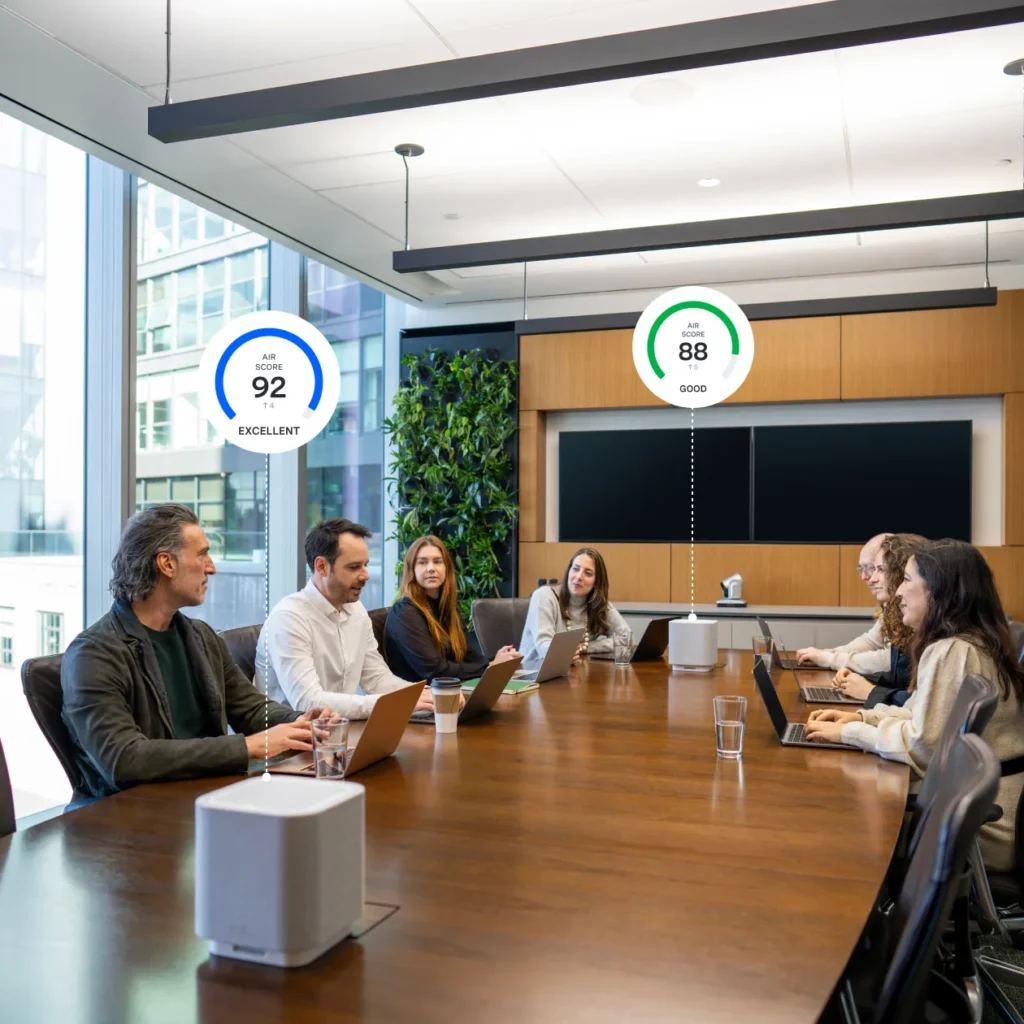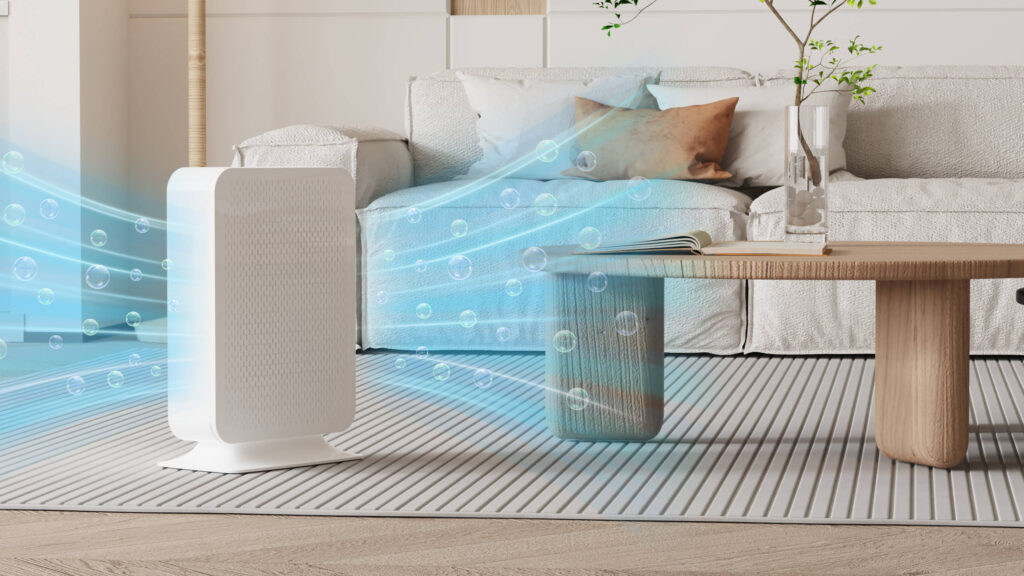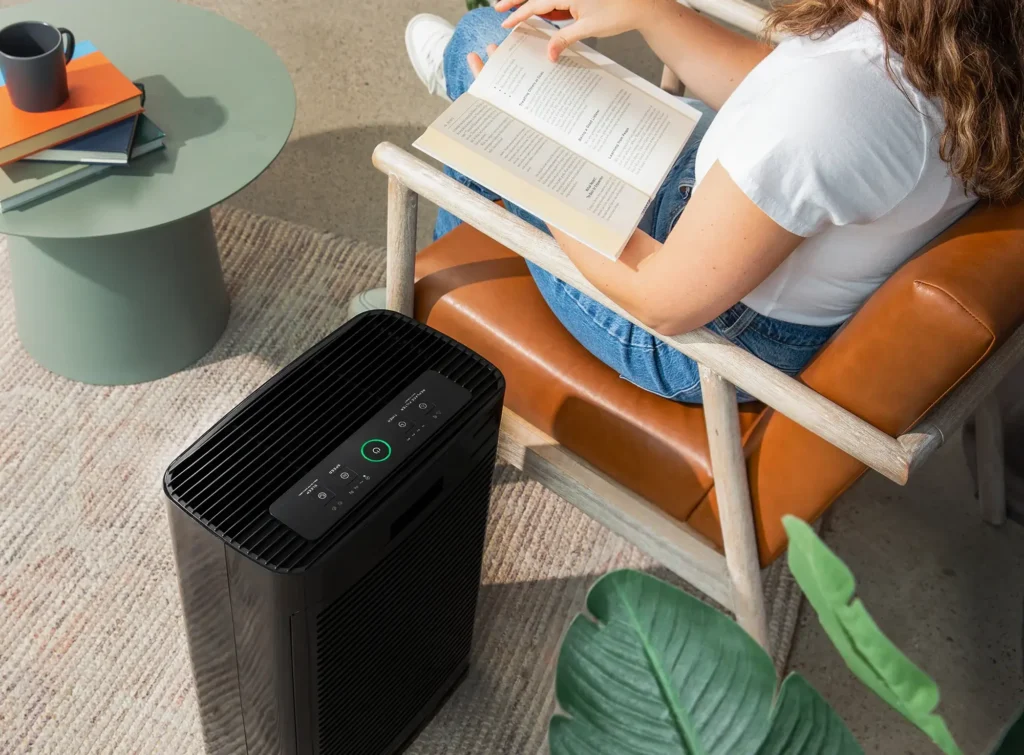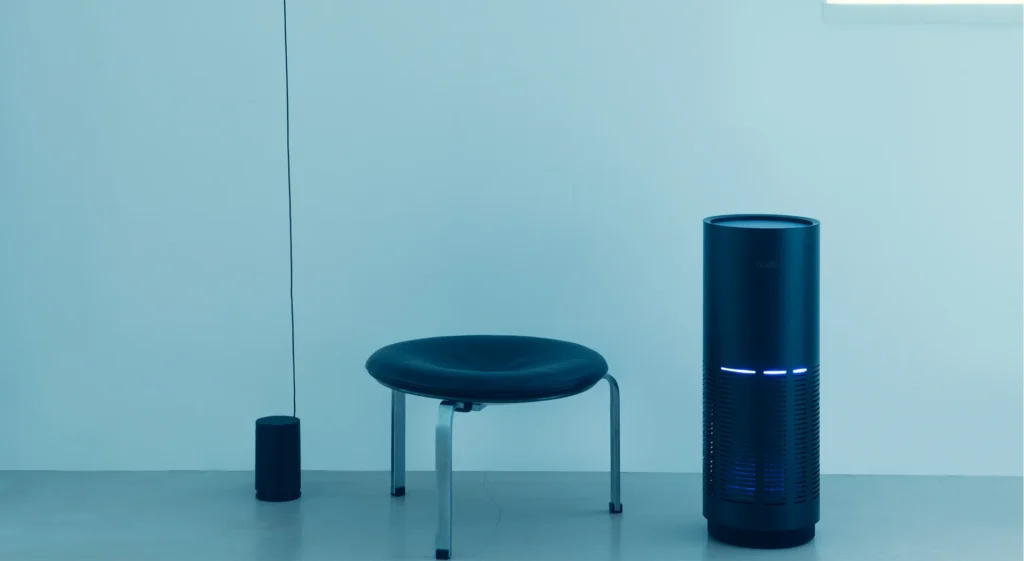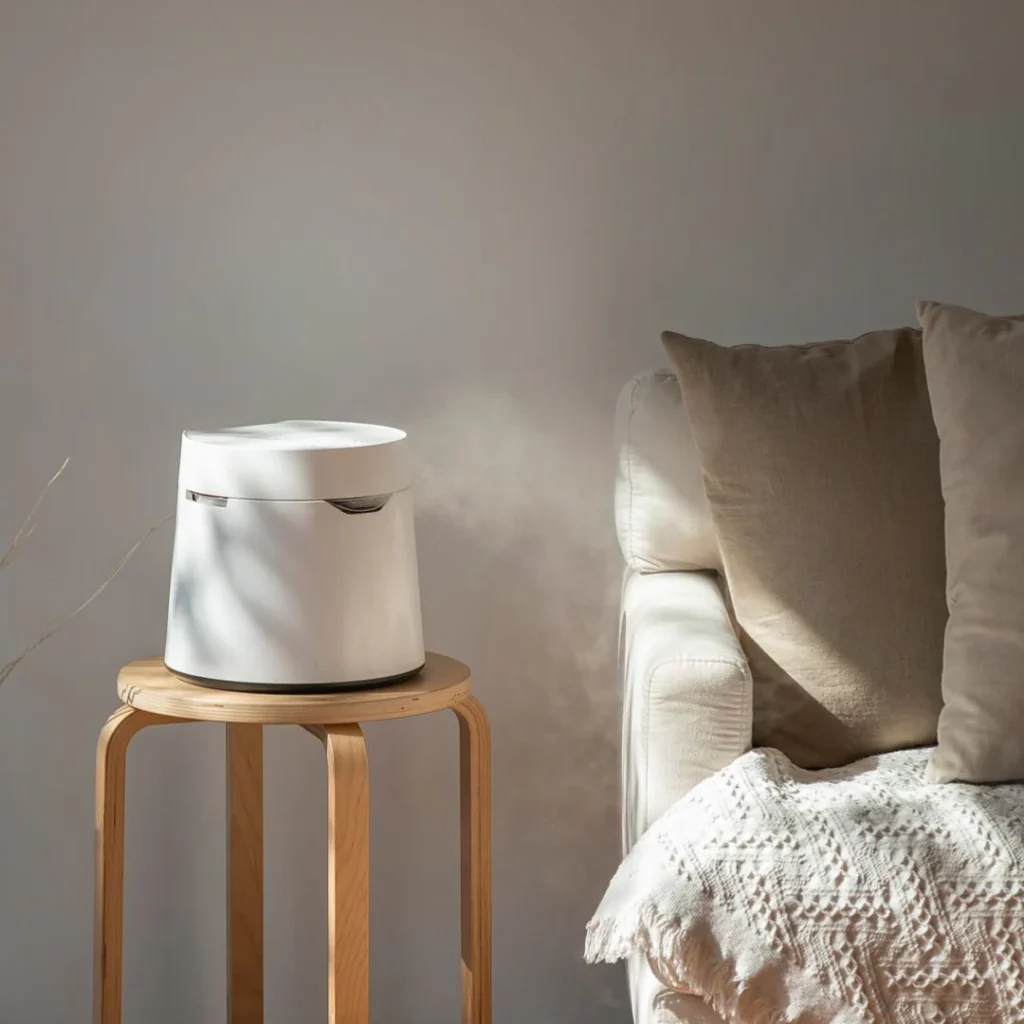더 깨끗하고 안전하며 숨쉬기 좋은 공기를 원하거나 먼지와 부유 세균, 바이러스를 제거하려면 공기청정기가 도움이 될 수 있습니다. 공기청정기가 정말 필요한가요?
Is 그 가정, 사무실 또는 산업용으로 공기청정기를 구입하기 위해 $200~$500 상당의 현금을 지출해야 하나요?
기타 인기 있는 질문은 다음과 같습니다:
"공기청정기를 사야 할까요?"
"그만한 가치가 있나요?"
"공기청정기로 코로나 바이러스를 예방할 수 있나요?"
"아기에게 공기청정기가 필요하세요?"
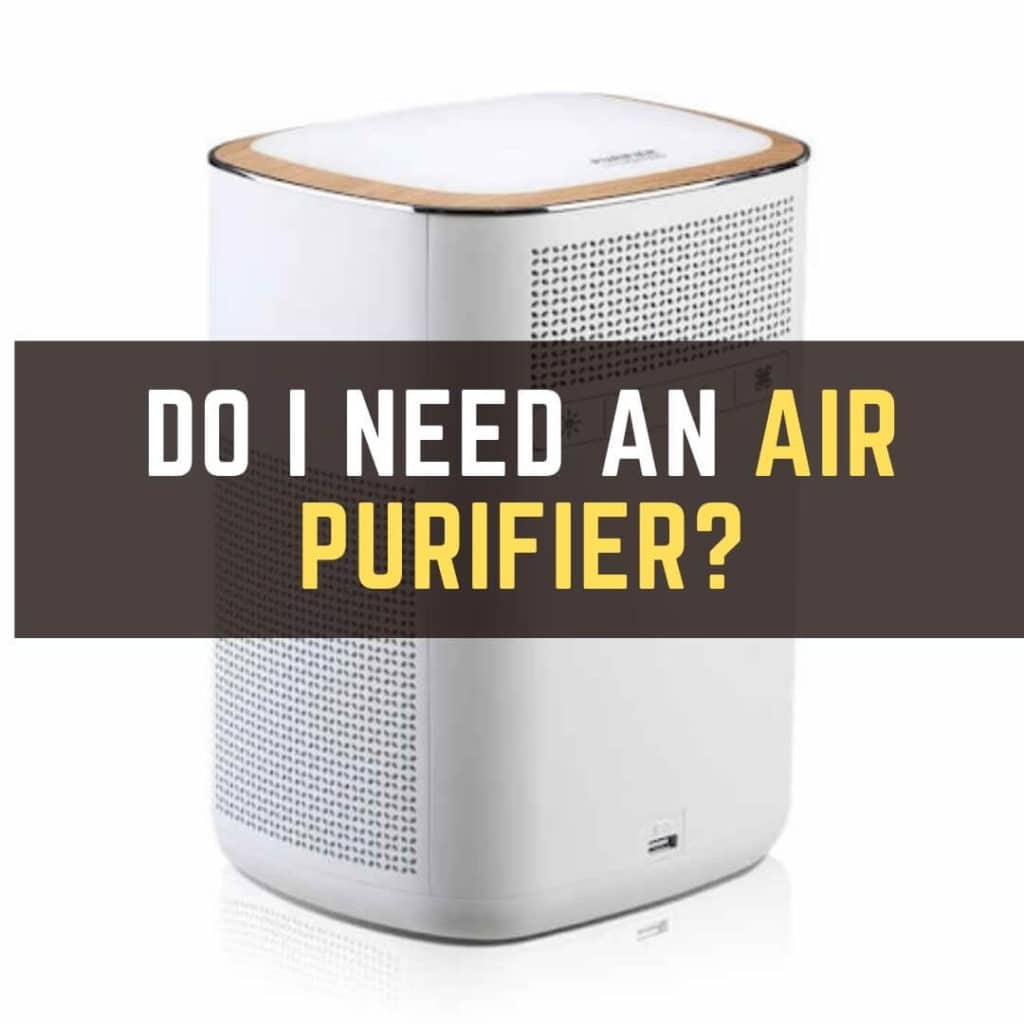
열거된 문서가 있습니다. 공기청정기가 돈 낭비인 이유를 알아보세요. 필요하지도 않은데 왜 구매하나요? 그러나 모든 사람에게 해당되는 것은 아니며 자세히 살펴보면 더 많은 이유가있을 수 있습니다. 특히 2021년에 공기청정기에 투자해야 하는 이유를 알아보세요.
이제 카드를 정리해 보겠습니다.
공기청정기가 필요한 이유
세계보건기구(WHO)에 따르면, 10명 중 9명이 오염된 공기를 마시고 있습니다. 안전 오염 물질 수준의 한계를 초과합니다. 실외 오염이 집 안 공기와 섞이면서 사람들은 매일 건강에 해로운 환경에 노출되고 있습니다.
WHO는 급성 호흡기 질환, 만성 폐쇄성 폐질환, 폐암 및 심장 질환으로 인한 사망률 증가로 인해 매년 700만 명 이상이 조기에 사망한다고 주장하고 있습니다.
공기청정기를 구입해야 하는 구체적인 이유가 있습니다. 다음과 같습니다:
1. 알레르기나 천식을 앓고 계신가요?
다음과 같은 경우 알레르기가 있거나 천식을 앓고 있는 경우 공기청정기 구입을 고려하세요.
2. 코로나19 바이러스가 집안에 퍼지는 것을 방지해야 하나요?
원하는 경우 코로나 바이러스 확산 방지 알레르겐 또는 기타 생물학적 오염 물질을 제거하기 위해 HEPA 필터는 이러한 유해한 병원균을 걸러내는 데 도움이 될 수 있습니다.
3. 대기 오염, 연기, 악취, 매연을 방지하고 싶으신가요?
만약 직원들이 지속적으로 연기에 노출되는 경우 유해한 연기와 불쾌한 냄새를 제거하는 활성탄 필터가 장착된 공기청정기는 휘발성 유기 성분을 제거합니다.
4. 화학 물질에 민감하게 반응하나요?
화학 물질에 민감한 경우 MCS가 포함된 공기청정기 또는 여러 화학 물질에 대한 민감성.
5. 애완동물의 비듬, 털, 집먼지 진드기가 사방에 널려 있나요?
반려동물을 키우는 경우 반려동물의 비듬, 반려동물의 냄새, 털로 인해 호흡기 질환이 발생할 수 있습니다. 특정 공기 청정기는 다음을 제거할 수 있습니다. 반려동물의 털과 털 공중에서.
공기청정기가 필요 없는 이유
위에서 언급한 이유가 적합하지 않다면 공기청정기가 필요하지 않을 수도 있습니다.
그럼에도 불구하고 공기청정기가 필요 없다면 다음과 같은 방법을 통해 깨끗한 공기 환경을 유지해야 합니다:
- 창문을 열어두면 공기가 집 안을 돌아다니며 부유하는 자극 물질을 차단할 수 있습니다.
- 먼지를 줄이기 위해 자주 청소하고 진공청소기 사용
- 집 주변에 더러운 공기가 재순환되지 않도록 HVAC 필터를 정기적으로 교체하세요.
- 밀폐된 주방 공간에서는 반드시 배기 팬을 사용하세요.
- 집 안에서 담배를 피우거나 연기가 집안으로 들어오지 않도록 하세요.
공기청정기의 장단점
| 장점 | 단점 |
|
|
이제 간단한 답변을 정리했으니, 공기청정기에 대해 잘 모르는 대다수의 분들을 위해 자세히 설명해드리겠습니다.
공기청정기는 어떻게 작동하나요?
그렇다면 이 공기청정기는 어떻게 공기질을 개선할 수 있을까요?
공기청정기는 더럽고 오염된 공기를 빨아들여 여러 단계의 필터를 통과시켜 공기를 살균하고 정화하면서 밖으로 내보내는 방식으로 작동합니다. 특정 공간의 오염된 공기를 효율적으로 걸러내기 위해 공기청정기는 1시간 이내에 전체 공기량을 여러 번 정화합니다.
HEPA 등급 필터는 공기 중 많은 유형의 오염 물질을 걸러내므로 유리합니다. 여기에는 오염 물질, 부유 입자, 먼지, 꽃가루, 세균 등이 포함됩니다. 냄새, 연기 및 VOC(휘발성 유기 화합물)는 활성탄 필터로 포집하는 경우가 많습니다.
HEPA 공기청정기가 실내 공기질 개선에 효과적이라는 것은 의심의 여지가 없지만, 최적의 성능을 위해서는 가끔씩(제조사 가이드라인에 따라 3~4개월이 적당) 필터를 교체해 주어야 합니다.
예, 공기청정기를 올바르게 사용하면 효과적인 감염 관리 전략이 될 수 있습니다. 하지만 그렇다고 해서 공기청정기가 코로나19를 예방하는 유일한 방법이라는 의미는 아닙니다.
HEPA 필터가 장착된 공기청정기는 0.3마이크론 크기까지 99.97%의 공기 중 입자를 포집하도록 설계되었습니다. 여기에는 이미 질병과 감염을 유발하는 많은 박테리아, 알레르겐 및 바이러스가 포함되어 있습니다.
더 흥미로운 점은 NASA의 연구에 따르면 고성능 HEPA 필터링 시스템이 사실상 100%의 공기 중 입자와 바이러스를 걸러낼 수 있다는 것입니다. 이러한 바이러스는 HEPA 섬유에 갇히면 최대 72시간 내에 사멸하는 것이 이상적입니다.
건물에서도 공기 정화 시스템을 사용하여 작업자가 아스페르길루스 포자에 감염되는 것을 방지하고 있습니다. 전 세계 병원에서도 공기를 살균하고 코로나19의 감염 확산을 방지하기 위해 병원에서 자외선 기능이 있는 고성능 공기청정기를 사용하고 있습니다.
세균과 바이러스를 죽이거나 비활성화하는 데 가장 적합한 공기청정기는 다음과 같습니다:
- 자외선
- 은이 함유된 HEPA 필터
- 열 살균 기술
예를 들어 히소에어 공기 소독기 는 코로나 바이러스 및 기타 유형의 바이러스를 포획하고 죽이도록 설계된 254nm UVC 광선 기술이 적용된 고성능 공기 살균기 및 소독 기술을 갖추고 있습니다.
관련 질문:
공기청정기가 숙면에 도움이 되나요?
따라서 공기청정기는 숨 쉬는 공기의 질을 개선하여 폐와 피부 자극을 줄이고 냄새를 제거합니다. 이러한 이점으로 인해 공기청정기는 밤이나 낮잠을 잘 때 숙면을 취하는 데 도움이 된다고 말할 수 있습니다.
설문 조사에 따르면, 거의 5천만 미국인 천식이나 알레르기로 고생하는 분이라면 더 건강하고 숙면을 취하고 싶다면 공기청정기는 정말 좋은 투자가 될 수 있습니다.
아기에게 공기청정기가 필요한가요?
공기청정기는 아기가 흡입하기 전에 공기 중 오염 물질을 줄여 알레르기 및 천식의 위험을 줄일 수 있습니다. 따라서 육안으로 보이지 않는 유해한 독소와 바이러스로부터 아기를 보호하기 위해 공기청정기를 구입하는 것이 좋습니다.
그렇다면...공기청정기를 구입해야 할까요?
2020년과 2021년은 공해로 몸살을 앓고 있습니다, 산불 그리고 코로나19의 알려진 변종과 새로운 변종. 게다가 사람들은 업무, 학교, 여가를 모두 한곳에서 보내면서 실내에서 보내는 시간이 더 많아졌습니다.
항상 정화된 공기가 필요한 것은 알레르기 및 천식 환자뿐만 아니라 오늘날 세계가 우리에게 가져온 가정 격리라는 상황에 대비해 보호가 필요한 가족, 가정, 병원 및 기업도 마찬가지입니다,
따라서 더 안전하고 위생적인 실내 환경을 조성하기 위해서는 환기가 잘 되고 공기의 질이 좋아야 합니다. 따라서 좋은 품질의 공기청정기를 구입해야 합니다.
공기청정기를 구매할 가치가 있다고 판단되는 경우
자신에게 가장 적합한 공기청정기를 찾는 데 도움이 되는 블로그를 참조하세요:


